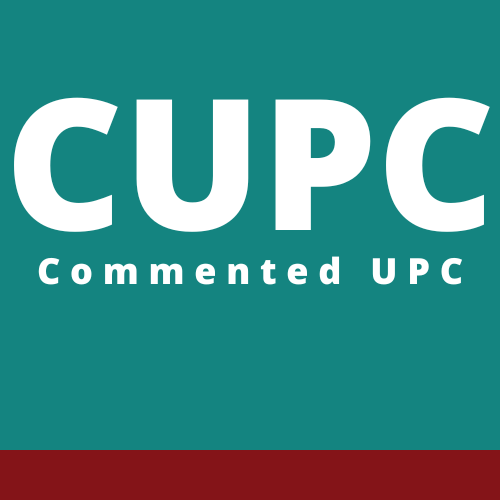Attorney-client privilege
Chapter 3 – Rights and obligations of representatives
Rule 287 – Attorney-client privilege
- Where a client seeks advice from a lawyer or a patent attorney he has instructed in a professional capacity, whether in connection with proceedings before the Court or otherwise, then any confidential communication (whether written or oral) between them relating to the seeking or the provision of that advice is privileged from disclosure, whilst it remains confidential, in any proceedings before the Court or in arbitration or mediation proceedings before the Centre.
- This privilege applies also to communications between a client and a lawyer or patent attorney employed by the client and instructed to act in a professional capacity, whether in connection with proceedings before the Court or otherwise.
- This privilege extends to the work product of the lawyer or patent attorney (including communications between lawyers and/or patent attorneys employed in the same firm or entity or between lawyers and/or patent attorneys employed by the same client) and to any record of a privileged communication.
- This privilege prevents the lawyer or patent attorney and his client from being questioned or examined about the contents or nature of their communications.
- This privilege may be expressly waived by the client.
- For the purpose of Rules 287 and 288:
- the expression “lawyer” shall mean a person as defined in Rule 286.1 and any other person who is qualified to practise as a lawyer and to give legal advice under the law of the state where he practises and who is professionally instructed to give such advice.
- the expression “patent attorney” shall include a person who is recognised as eligible to give advice under the law of the state where he practises in relation to the protection of any invention or to the prosecution or litigation of any patent or patent application and is professionally consulted to give such advice.
- The expression “patent attorney” shall also include a professional representative before the European Patent Office pursuant to Article 134 (1) EPC.
Relation with Agreement:
Article 48(4) – Representation
Relation with Statute:
Linking to this rule:
Rule 190 – Order to produce evidence
